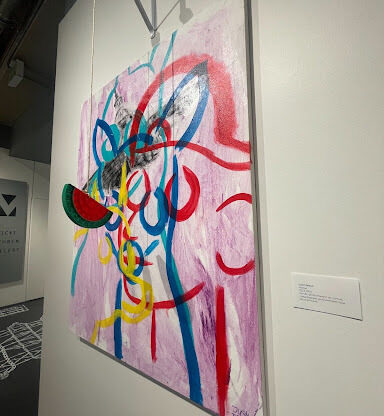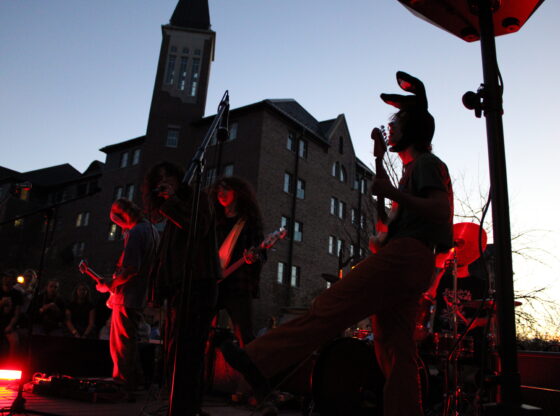The ancient story of Mulan, originally “The Ballad of Fa Mulan,” tells the story of a woman in China during the Wei dynasty who makes a sacrifice for her family and takes her father’s place as a soldier in the war. This tale is well known across the world, and in the past few decades, there have been several film adaptations made in both the east and west.
On Sept. 4, a new adaptation of Mulan was released by Disney with its own twist in both story and production. This change has left audiences dissatisfied and angry with the movie’s lack of substance and its silence following the controversial events that surround the film and its cast. This live-action remake of “Mulan” is a testament to the entertainment industry willfully silencing themselves in order to please Beijing and the Chinese Communist Party (CCP).
Last fall, people watched as Daryl Morray—the General Manager of the Houston Rockets—tweeted in support of Hong Kong, angering Beijing and causing them to cut ties with the Rockets. Now, Disney silences themselves on Chinese political issues so as not to suffer the same fate as the Houston Rockets. During the production process of “Mulan,” Disney filmed part of its 2020 live-action remake of the 1998 animated movie “Mulan” in Xinjiang, a northwestern region of China, and even thanked the publicity department in that region in the movie’s credits. This is where the Muslim minority ethnic group, the Uyghurs, are placed in what China calls “reeducation” camps. These are poorly-disguised concentration camps where the people of Xinjiang are beaten, starved, tortured, made to do forced labor and subjected to countless other horrific acts.
Disney has also kept quiet on China’s persistent erosion of democratic rights within Hong Kong. Lead actress Liu Yifei has made public comments supporting the police in Hong Kong. This was controversial because the Hong Kong police have continued to suppress protests for democracy and judicial autonomy in the special administrative region.
Protests exploded in Hong Kong after an extradition bill was proposed, sparking what was called the “umbrella movement.” The bill would have allowed citizens of Hong Kong to be tried for crimes in China, which takes away the judicial autonomy Hong Kong was promised in 1997. The protests began peacefully, but as police cracked down on even the peaceful gatherings, they began to grow more violent, desperately wanting to keep their democratic system intact and out of the hands of Beijing.
There is a Chinese film adaptation of Mulan, “Matchless Mulan,” that came out around the same time as Disney’s “Mulan.” Created to compete with the American version, it does not intend to speak about Xinjiang or Hong Kong either. Watching the film, one can note the pointed statement at the end: “This film is dedicated to the People’s Liberation Army of China.”
Unlike the United States military, which serves the state, the Chinese military serves the CCP. The main purpose of this military is not to protect the people or serve the nation, but ensure the authoritarian regime of the CCP remains in power.
Between the government propaganda in the Chinese film and blatant insensitivity to a brutal authoritarian regime in the American film, one will be left disappointed by the lack of critique of today’s events. The western arts and entertainment industry has a moral stance that prides itself on freedom of expression above all else. Disney’s movie leaves the western audience continuing to ask: does the arts and entertainment industry have these values anymore? Will it continue to speak freely about ongoing events in the world, or will it bow to Beijing’s censorship and silence itself to the atrocities occurring within China?











